Essential Productivity Tools Every Blogger Should Use
Starting and maintaining a blog requires strategic use of tools to save time, improve content, and keep tasks organized. Whether you’re a seasoned writer or searching for tips on how to start a blog, these tools can help you streamline your workflow and focus on producing quality content.
Content Planning Tools
1. Trello
Trello is a versatile tool for organizing ideas, tracking progress, and managing editorial calendars. Create boards to map out content ideas, track deadlines, and collaborate with team members. Its visual interface makes task management intuitive and effective.
2. Notion
Notion combines task management, note-taking, and database creation in one platform. Bloggers can use it to plan posts, store research, and track progress. Customizable templates let you organize your blogging projects exactly as you need.
Writing and Editing Tools
3. Grammarly
Grammarly catches grammatical errors, suggests better word choices, and ensures your tone aligns with your audience. This tool integrates seamlessly into browsers, allowing real-time editing as you write content for your blog.
4. Hemingway Editor
Hemingway Editor simplifies writing by highlighting complex sentences and unnecessary adverbs. For bloggers looking to refine their writing process, taking a typing test regularly can also enhance their typing efficiency, reducing the time spent drafting and editing posts.
SEO Optimization Tools
5. Yoast SEO
For bloggers using WordPress, Yoast SEO is a must-have plugin. It provides suggestions for improving readability, optimizing keywords, and crafting meta descriptions to make your content rank higher in search results.
6. Ahrefs
Ahrefs helps bloggers identify keywords, analyze competitors, and find backlink opportunities. Its data-driven insights enable you to write content that resonates with your target audience.
Time Management Tools
7. Online Alarm Clock
Meeting deadlines is crucial for consistent blogging. Use an online alarm clock to manage your time during writing sessions. Set focused work intervals, ensuring productivity without burnout.
8. Todoist
Todoist simplifies task tracking with features like due dates, reminders, and priority levels. Use it to organize daily tasks, ensuring each step of the blogging process is accounted for.
Graphic Design Tools
9. Canva
Canva offers a user-friendly platform for creating blog graphics, infographics, and social media posts. Its customizable templates and drag-and-drop interface make designing visuals easy, even for beginners.
10. Adobe Express
For those wanting professional-grade visuals, Adobe Express is an excellent tool. Its pre-designed templates help create high-quality banners and thumbnails without advanced design skills.
Social Media Management Tools
11. Buffer
Buffer allows bloggers to schedule posts across multiple platforms, analyze engagement, and maintain a consistent presence. Its intuitive dashboard keeps everything centralized.
12. Hootsuite
Hootsuite provides advanced scheduling and analytics features. For bloggers managing several social accounts, this tool ensures efficient posting and in-depth performance tracking.
Analytics Tools
13. Google Analytics
Google Analytics offers invaluable insights into your blog’s performance. Track visitor numbers, behavior patterns, and conversion rates to refine your content strategy.
14. Hotjar
Hotjar provides heatmaps and user behavior data, showing how readers interact with your blog. Use this information to enhance navigation and improve engagement.
Email Marketing Tools
15. Mailchimp
Mailchimp simplifies email marketing for bloggers. Its templates, automation options, and analytics help you connect with subscribers and build a loyal audience.
16. ConvertKit
ConvertKit is ideal for bloggers focusing on email campaigns. It supports email funnels, integrates with blogging platforms, and helps convert readers into subscribers.
Monetization Tools
17. Google AdSense
For bloggers ready to monetize, Google AdSense is a straightforward way to earn revenue through ads. Its easy setup and robust analytics make it beginner-friendly.
18. Patreon
Patreon allows bloggers to earn through memberships, offering exclusive content to subscribers. This platform supports building a community around your blog.
Additional Blogging Tools for Beginners
19. WordPress
WordPress remains one of the most popular platforms for bloggers. Its extensive plugin library and customization options cater to both beginners and advanced users.
20. Medium
For those just learning how to start a blog, Medium is an excellent platform to publish content without managing a separate website. Its built-in audience provides instant exposure.
Cloud Storage and Backup Tools
21. Google Drive
Google Drive stores drafts, photos, and videos securely in the cloud. Easily share content and access files from any device.
22. Dropbox
Dropbox provides a reliable way to store and share larger media files. Bloggers working on multimedia projects will find it invaluable.
Conclusion
These blogging tools for beginners and professionals simplify various aspects of the process, from content creation to monetization. Integrating these tools into your workflow can help you produce engaging content, save time, and build a successful blog.
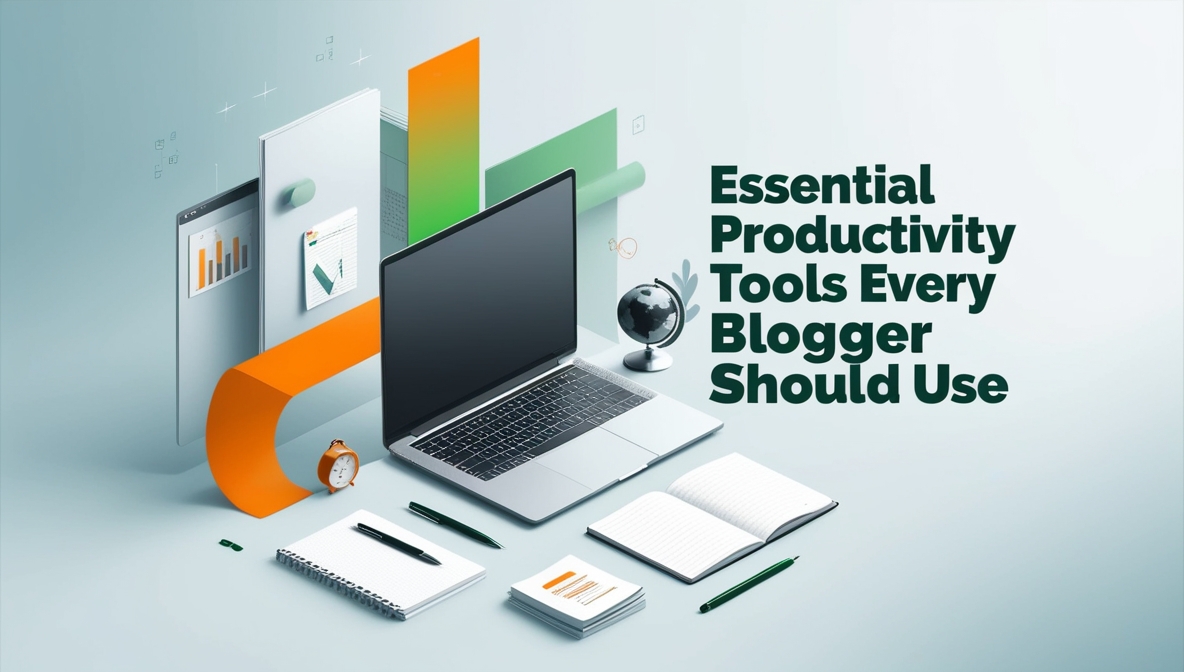


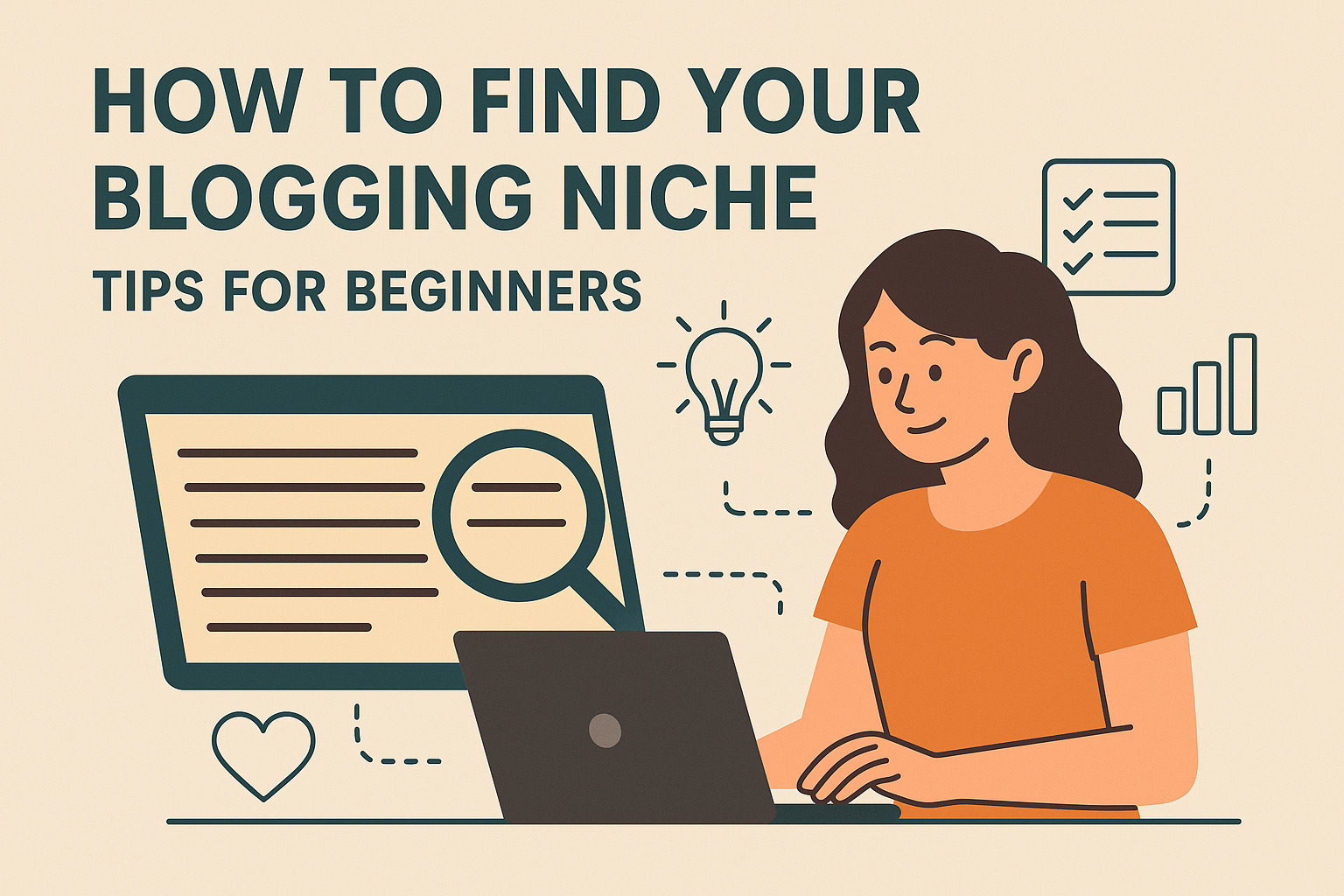


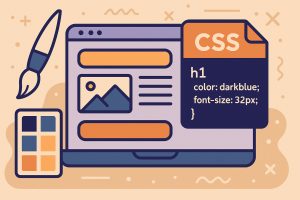



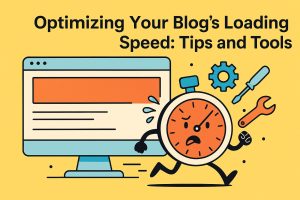
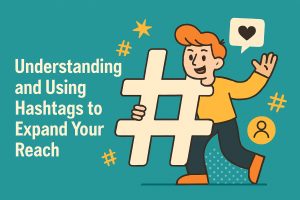


Post Comment